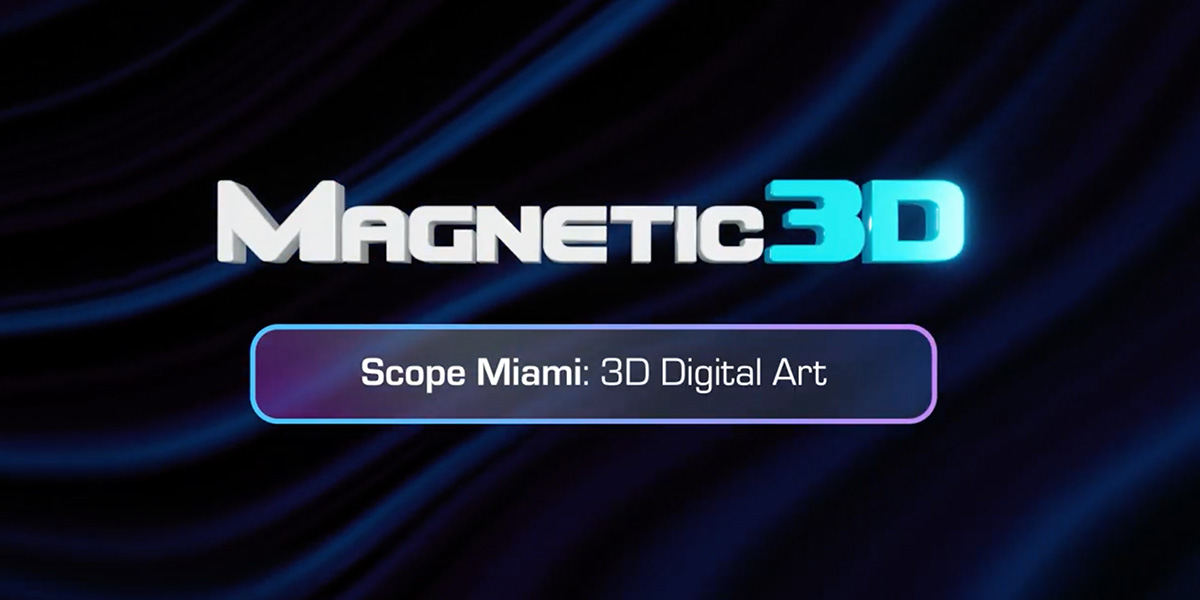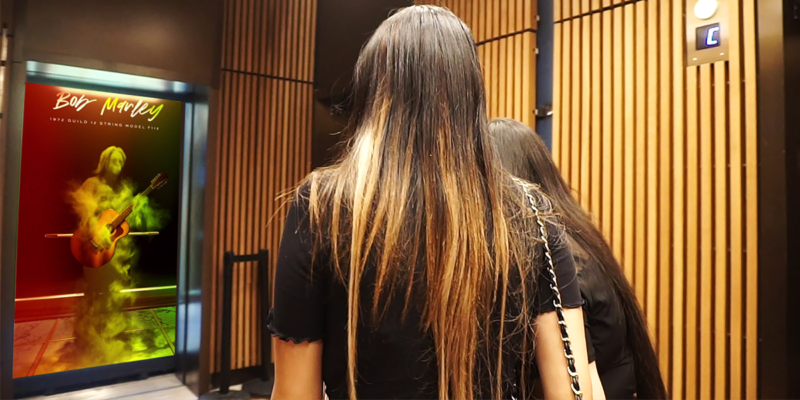Magnetic 3D and Rutgers RWJMS Partner on AI-Powered, Glasses-Free 3D Healthcare Tools

Magnetic 3D has signed an expanded agreement with Rutgers Robert Wood Johnson Medical School (RWJMS) to support research and development of glasses-free 3D technology and artificial intelligence in clinical and educational settings.
The partnership aims to explore applications of Magnetic 3D’s display platform in healthcare, from interactive tools for medical students to real-time visualization systems for use in surgical environments. Unlike traditional virtual or augmented reality, the system allows users to view 3D content without headsets or glasses — a convenience that researchers say could improve adoption and usability in hospitals and classrooms.
“One of the biggest hurdles with VR and AR technologies is the commitment to wearing a headset or
3D glasses,” said Dr. Naveena Yanamala, associate professor of medicine and director of data science and machine learning research at RWJMS. “This becomes an obstacle, requiring setup time that clinicians may not have, and can be uncomfortable for students or patients. Glasses-free 3D technology solves these challenges allowing anyone to experience 3D content instantly – a real benefit for all stakeholders.”
Initial work will focus on cardiology, where 3D imaging can support diagnosis, education, surgical planning and training.
“The ability to interact with lifelike, three-dimensional cardiac images without the constraints of headsets or glasses is a game-changer,” said Dr. Partho Sengupta, chief of cardiology at RWJMS and Robert Wood Johnson University Hospital. “This collaboration with Magnetic 3D represents a significant step toward more intuitive and immersive tools that will improve diagnostics, education and ultimately, patient care.”
Magnetic 3D previously installed its display systems at the Center for Innovation, a joint program between RWJMS and Robert Wood Johnson University Hospital. As part of the expanded partnership, the organizations will also seek funding to support future development and deployment of the technology.
“We are excited to collaborate with Rutgers and contribute to the next wave of healthcare innovation and the development of holographic educational solutions,” said Thomas Zerega, founder and CEO of Magnetic 3D. “We imagine a future where glasses-free 3D imaging and holographic AI agents elevate education, enhance communication, and ultimately deliver better patient outcomes across the healthcare system.”




